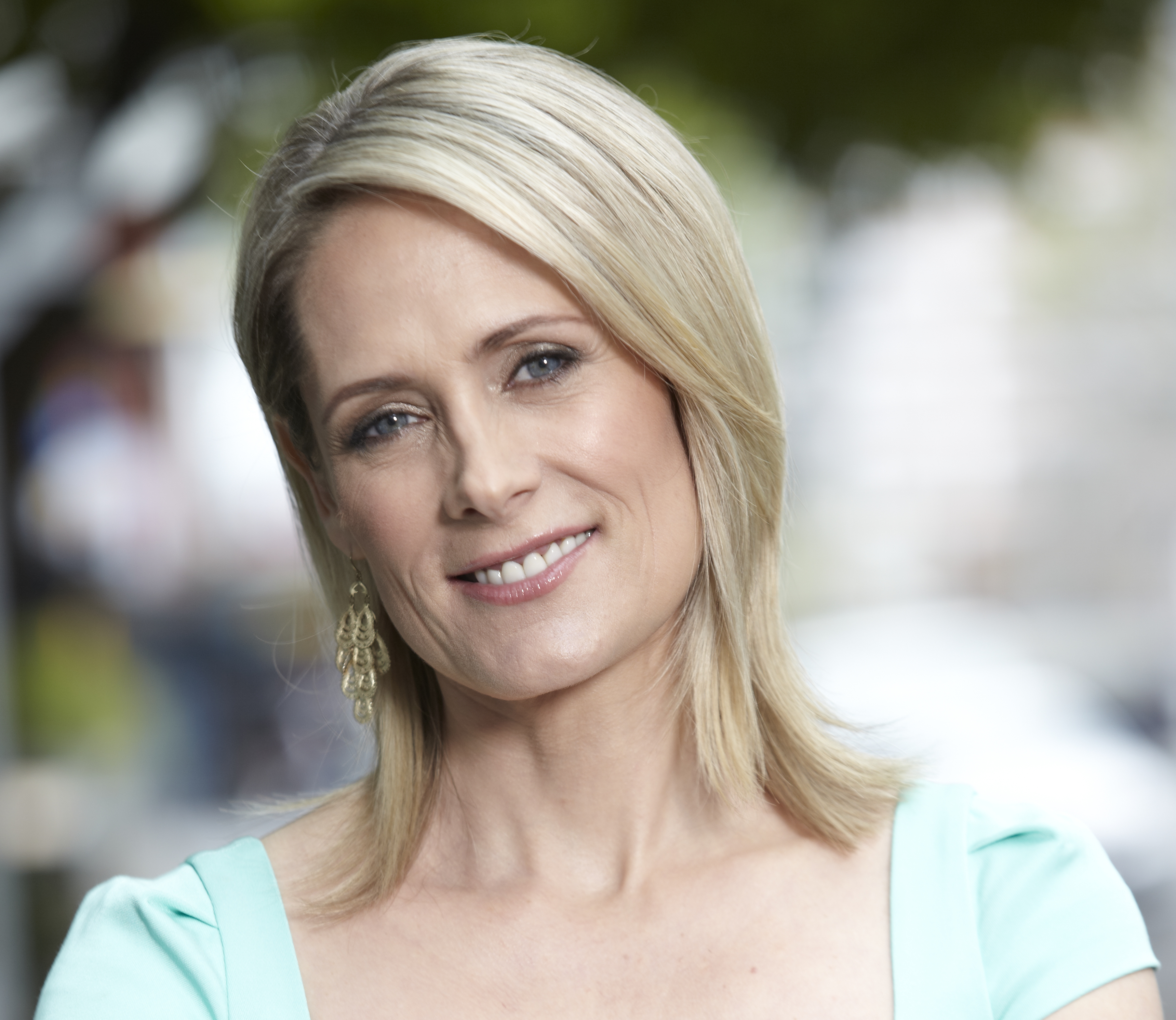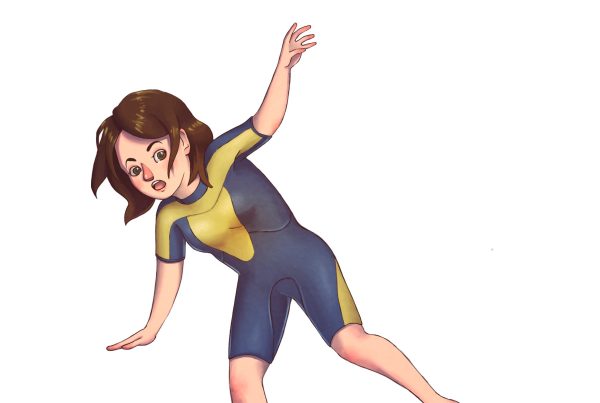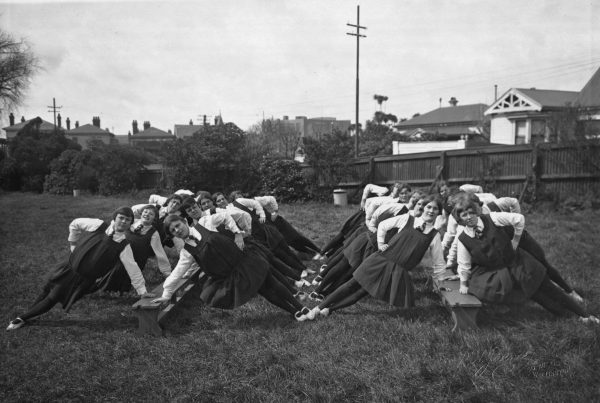
Such as: “What the hell do weather forecasters know anyway?”
New Zealanders talk about the weather more than any other people on the face of the planet (I confirmed this by asking folks I know from other countries — good enough). We even sing about it more than other nationalities: ‘Rain’ — Dragon; ‘Break in the Weather’ — Jenny Morris; ‘Weather With You’ — Crowded House. I can’t think of any more without help from Google, but you get the idea.
As a nation with more than our fair share of farmers and fisherfolk, it’s also true that some of our biggest industries rely on the ability to predict the weather with some degree of accuracy. But can we?
In the years before television, those very people — farmers and fisherfolk — seemed to be able to squint skyward, sniff the air, scratch at the parts that itch, and then quietly wander off confident that they knew what the next day held.
These days we tune in nightly hoping to get a head start on working out what to wear, or knowing if the kids’ sport will be cancelled again, with the help of multi-million dollar graphics, satellite images and isobars. Then when it’s wrong — even slightly — we spit expletives from our mouths and wonder if the boffins at the MetService ever bother to look out the window!
Karen Olsen, famous TV ONE weather forecaster (and Wellingtonian-at-heart), reckons that Kiwis might grizzle, but we’re very rarely nasty. “You might get a bit of good-natured ribbing,” she tells me.
So we’re polite to their faces, but secretly we want to know: why can’t meteorologists just get it right? Guess what: more often than not they do. Says Karen, “Often the forecast is right, but the timing is wrong.”
“But why, Karen, why?”
“New Zealand is a difficult country to forecast,” she explains patiently. “It’s long and skinny and surrounded by water. Water tends to do funny things to weather. It speeds it up or slows it down or expands it or takes energy out.”
Also, a lot of the time, we’re quibbling about the difference between drizzle and light rain, or a moderate northerly and a strong nor’wester. If you predict one and it turns out be the other, is that wrong? If a thunderstorm strikes a forest and there’s no one there to forecast it, does it make a sound?
To answer esoteric questions like that would take three or four years of maths or science at university and another year of specialist MetService training. Which, coincidentally, is exactly what’s required to become a meteorologist. That’s right — to read weather maps correctly you need four years of learning!
Side note: Karen herself did not take the usual road to the job she’s in. As a little girl she had an unusual fascination with diseases like the black plague and decided it would be cool to become a microbiologist. So she set off on a search for a cure for cancer. It turned out, though, that the intricate examination of pathogens and bugs is not as glamorous as she’d hoped: “It’s no fun coming back from lunch to find out you’re on the faeces desk.”
That seems like a pretty good place to leave it.




